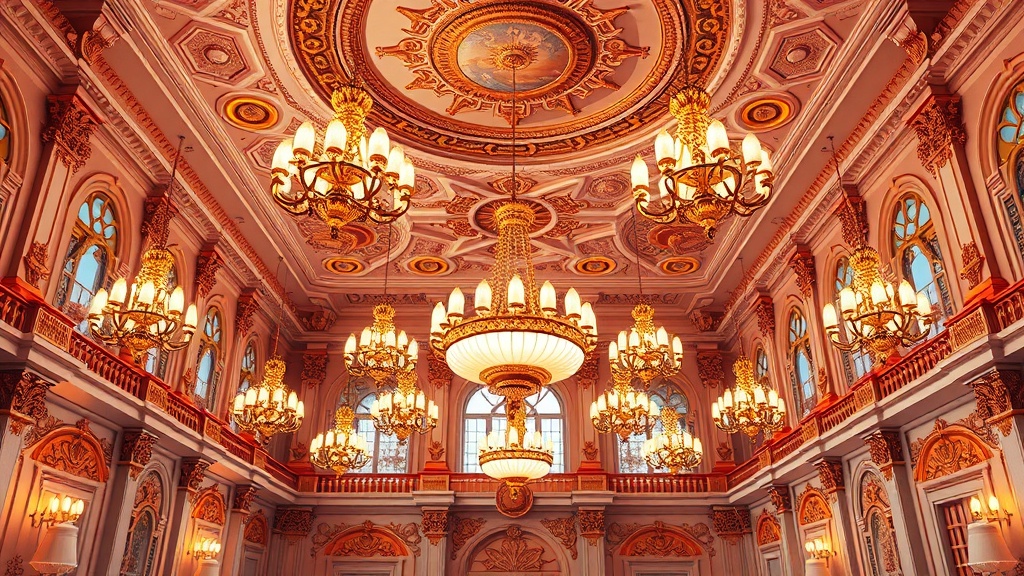Home / Lifestyle / Nawab's Lasting Legacy: Exiled King Recreates Lucknow in Kolkata
Nawab's Lasting Legacy: Exiled King Recreates Lucknow in Kolkata
23 Oct
Summary
- Nawab Wajid Ali Shah exiled to Kolkata in 1856, recreated Lucknow
- Remnants of his passion for arts and Awadhi traditions persist
- Metiabruz area a poignant reminder of the last king's enduring influence

After being deposed and exiled by the British in 1856, Nawab Wajid Ali Shah spent the final three decades of his life in Kolkata's Metiabruz, where he created a miniature version of his beloved Lucknow and transported the city's vibrant culture there. As of 2025-10-23, the meandering street named after the nawab in Metiabruz stands as a poignant reminder of Awadh's last king and his tumultuous life.
Despite the British efforts to erase all traces of Wajid Ali Shah's existence in Metiabruz following his death in 1887, remnants of his passion for arts, traditions, and Awadhi culture persist in the area. The Sibtainabad Imambara, a magnificent structure that marks the nawab's presence, houses his literary possessions, royal insignia, and the last verse he wrote, along with other artifacts that bear witness to his legacy.




